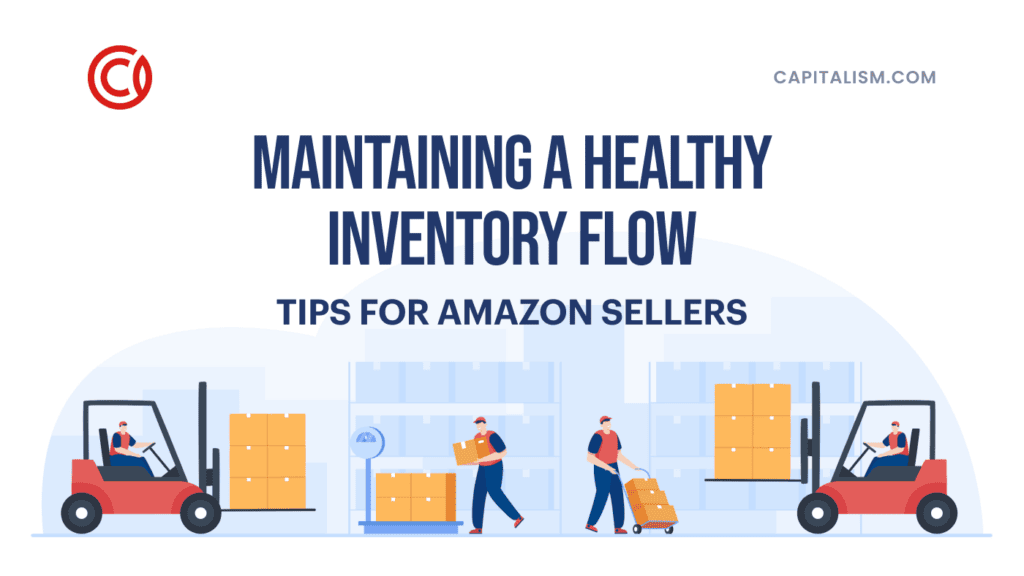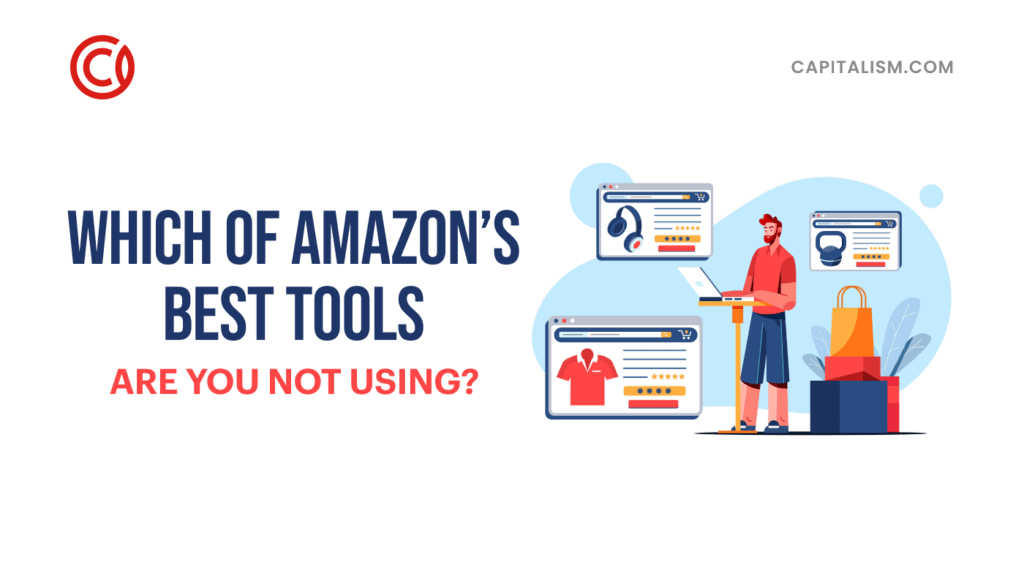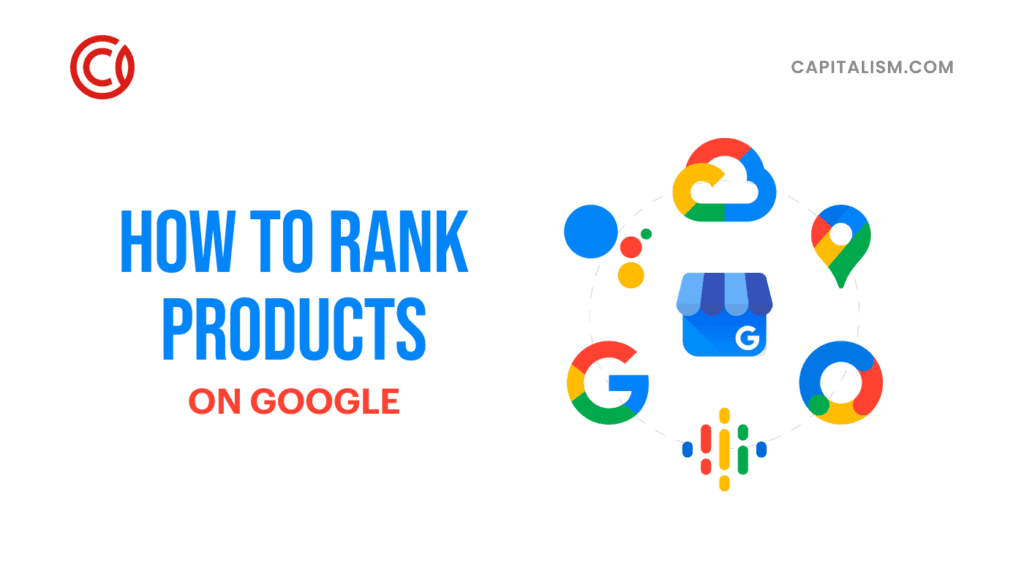Whatever it is you hope to accomplish—not just in business, but in every aspect of your life—you will achieve it faster when you have a great example to emulate. Finding a mentor for your business goals is one of the quickest paths to success you will find. It isn’t likely to be an easy process, but the search itself will benefit you. In the end, when you’ve found the perfect mentor for your entrepreneurial endeavors, you will have gained a lot more along the way.
Before you begin your search, there are some misconceptions we should dispel.
- Mentorship is all about you. It's not. Most people probably aren’t consciously thinking this is true. It’s important, though, to recognize that many people treat the mentor/protégé relationship as one-sided, usually without realizing they’re doing it. While there are many successful people who derive satisfaction from helping others to succeed, you need to think about the value that you can bring to the relationship. Not only will this make people more interested in helping you; there’s a good chance that you will gain more personally if you are also contributing something valuable.
- You can only learn from the most experienced. This is another unconscious misconception for many. It’s tempting to want to learn exclusively from those with many years of experience. That isn’t inherently wrong, but there are a couple of downsides to this attitude. The most established people in a given field are often more difficult to reach and to build relationships with. More important than that is that oftentimes those who’ve been at it the longest have also forgotten what it’s like to be new or inexperienced. Someone just a few years ahead of you might be better able to relate to where you are now and can have better insight into getting to the next level. It is still important that the person is successful at accomplishing what you hope to, of course, but it can be easier to learn from a person who was recently in your position.
- A mentor will tell you exactly what you should do. Some might, though it’s a mistake to enter the relationship expecting to be told. Instead, you should be looking for guidance, encouragement, and honest feedback. A good mentor will have experiences to share, but don’t expect step-by-step instruction.
With the big misconceptions out of the way, let’s look at finding a mentor. In a recent video, Ryan Danel Moran covered his 3 steps to finding a good mentor.
Step 1 – Put yourself in a position to meet the type of person you’d like as a mentor.
As you start, particularly if you’ve never searched for a mentor in the past, it’s best if you decide on the type of person you hope to work with. There’s nothing wrong with having a specific person in mind if there’s someone you’ve already developed a relationship with. Otherwise, broaden your search beyond individuals to the groups of people you could learn from.
Consider where the people you admire spend their time. Face-to-face is ideal, but not essential—there are many online communities where you can expect to find successful people with knowledge to share.
If you’re unsure where to start, LinkedIn Groups has a number of discussion groups for just about any profession, while Meetup.com is a great place to find real-world meetups for just about any interest, professional or otherwise. There are even online mentorship networks that can be worth exploring, and you can find live networking events in just about every city. Some are better than others, and many are filled with salespeople just looking for “leads,” so you may need to attend a few before you find the ones worth returning to. Chambers of Commerce can similarly be hit-or-miss.
Industry- or business-related conferences, events, and masterminds are among the best options, and although the ones worth attending will usually cost money, Ryan offers a great tip for those who can’t afford it—“finding out what that conference or that mastermind needs and finding a way to get it to them.” Most events need volunteers, so lack of money is no excuse.
Step 2 – Identify a person who has done what you hope to do
Once you are in the environments where successful people are, now it’s time to identify the specific person you’d like as a mentor.
Better yet, identify a few people who you really admire. Not every person you want to work with will be willing or able to mentor you, so it’s best to have more than one in mind. Even those who don’t end up actively mentoring you can serve as role models. Moreover, as long as you work on building a relationship, they could decide to coach you in the future when they have more availability or when they’ve seen how serious you are.
Don’t rush your mentor search
You don’t need to be in a hurry to find the ideal person. You’ve surrounded yourself with people who are somewhere in the process of doing what you want to; that in itself will pay off. You can learn from people regardless of where they are in the process, including those with less experience than you. You can learn from those who are taking a different path than you’ve chosen as well. Spend time meeting and talking to as many of these people as possible, and any time you have a good conversation, ask if you can continue the conversation and exchange contact information.
Of course, not everyone you meet is a potential mentor for what you’re looking to accomplish now. Don’t ignore those people, though. As long as they are people you respect, they are worth knowing and worth developing a relationship with.
Think beyond your current goals. You might have a specific mentorship relationship in mind, but everyone can benefit from having mentors in multiple areas of their life. Your goals will evolve and change over time, too, so those who may not be your ideal mentors now could be in the future.
Ultimately, though, you do want to identify those who have achieved your most important goals. Those are your ideal mentors with the knowledge and experience you need. Just don’t forget that the others have a lot to offer as well.

Step 3 – “Find the give”
This is possibly the most important step and the one that’s most often overlooked by newer entrepreneurs. As you meet people, you should always be thinking about what you have to offer them. You already have your own goals in mind and it isn’t going to take a great effort to recognize others who can help you achieve them. But if that’s your primary focus, you might miss out on other mutually-beneficial relationships; at the same time, you risk coming across as what Ryan calls an “ask-hole”—someone no one wants to work with.
While looking for ways to help others, you may be surprised to discover new ways that they might help you, too.
When you have identified the person or people who you think could be your perfect mentor for success, finding ways you can help them will provide your best opportunity to gain their attention. You’re never going to get a stranger to mentor you. You need to build a relationship, and helping others to get what they want is the fastest way to do that.
Any potential mentor will be much more willing to help you if that person sees you as someone who wants to help others.
You have something to offer, even if it’s not obvious
Think beyond just business here. While you certainly could have skills to offer that will benefit their business, you probably have a lot of knowledge and skill in other areas, too, and there’s a good chance that something you can do well is something your business hero would love your help with.
Think about past jobs you’ve had. Consider your hobbies. Look at any recent accomplishments. What do you know more about than anybody? What do you brag to your friends about? Better yet, what do your friends talk about when they brag about you?
It might not be a specific skill that’s needed. There may be people in your personal network you can connect them with. This is a huge benefit to building relationships with those who don’t necessarily have anything to offer that you need personally. If you can help someone find the perfect CFO for their growing business, for example, you’ve shown yourself to be valuable to both people.
Should you pay for mentorship?
There’s another option worth considering if you’re able: You can also pay for mentorship. In an article, CNBC recently published on their “make it” blog, self-made millionaire Timothy Kim talked about spending $70 grand on mentorship over six months, and why he believes it was worth it. You certainly don’t need to spend this much to get a great mentor, but there are benefits to shelling out your hard-earned dollars.
For you, it means you have “skin in the game.” If you’ve paid good money, you’re more likely to take it seriously. For mentors, it gives an incentive to give you value for your money.
Good mentors are often hard to find. The end result, though, goes beyond the immediate business goals you want help with. Through your search, you’ll gain the knowledge you may not have known you needed. You’ll meet potential business partners, investors, employees, even golfing buddies. On top of it all, a great mentor can be a lifelong friend.












